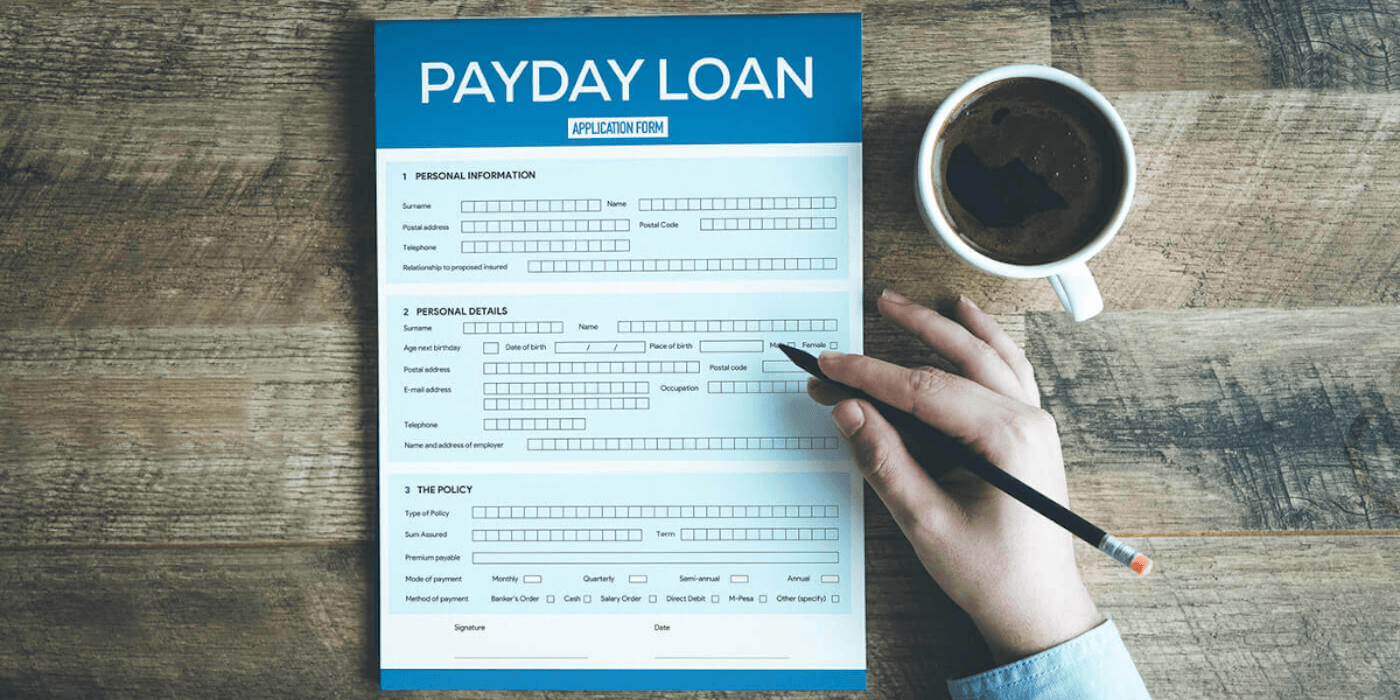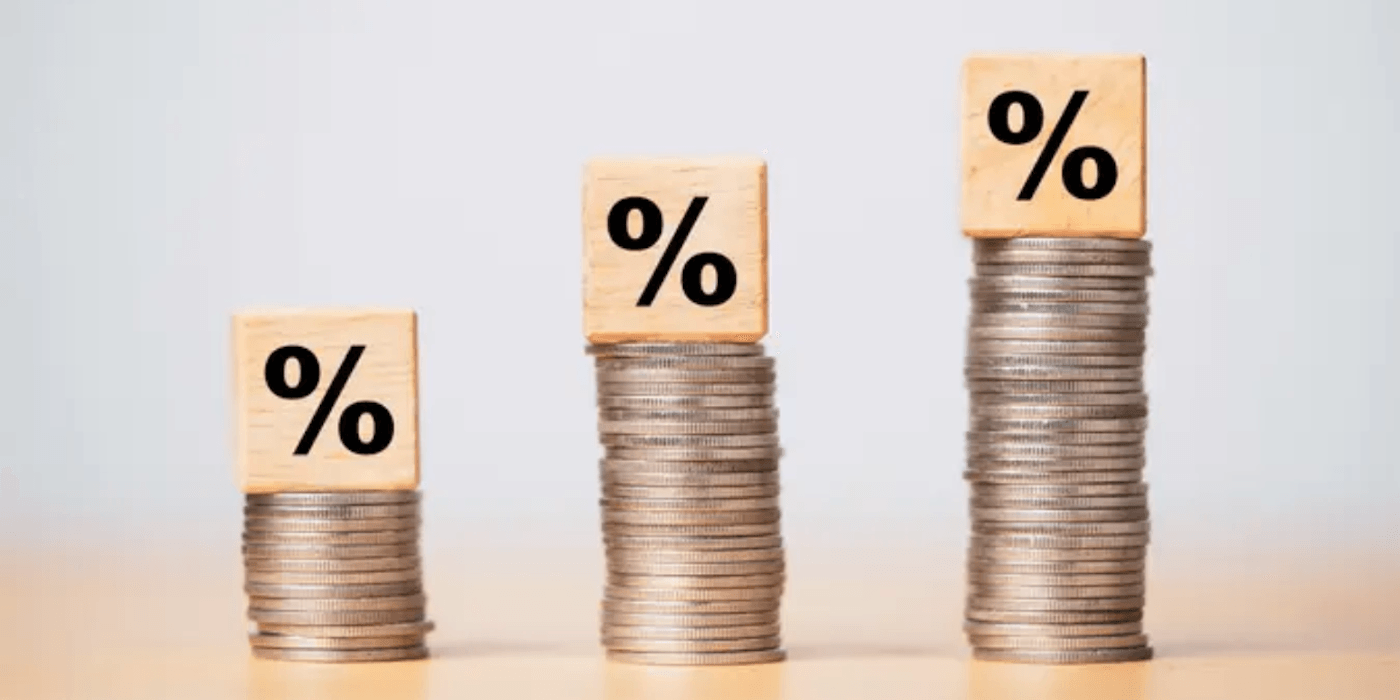Personal Loan vs. Payday Loan: Understanding the Differences

In recent years, there has been a growing demand for personal and payday loans in Australia as people seek quick and convenient ways to access funds. However, it's important to understand the key differences between these two types of loans and the risks and benefits associated with each.
This article aims to help you understand the differences between personal and payday loans and provide the information you need to decide which type of loan is right for you. We'll discuss the features, eligibility criteria, pros and cons, and other important factors to consider when choosing between these two types of loans. Whether you're looking to consolidate debt, fund a home renovation, or cover unexpected expenses, understanding the differences between personal loans and payday loans can help you make the right choice for your financial situation.
Personal Loans

Personal loans are a type of loan that provides borrowers with a lump sum of money that can be used for a variety of purposes. They are typically unsecured, meaning that you don't need to provide collateral to obtain one. Personal loans have fixed interest rates and repayment terms, making them predictable and easy to budget.
There are various types of personal loans available in Australia, including:
- Secured Personal Loans: These loans require collateral such as a car or home to secure the loan. As a result, the interest rates for secured personal loans are often lower than unsecured personal loans.
- Unsecured Personal Loans: These loans don't require collateral but often have higher interest rates than secured personal loans.
- Debt Consolidation Loans: These personal loans allow you to consolidate your existing debts into a single loan with a lower interest rate.
To be eligible for a personal loan in Australia, you must be over 18 years of age and have a regular income. You will also need to provide proof of income, proof of identity, and details of your financial situation. The application process typically involves completing an online application, providing the necessary documentation, and waiting for approval.

Pros and Cons of Personal Loans
Personal loans can be a valuable financial tool in various situations, providing borrowers with the funds they need to achieve their financial goals. However, like any type of loan, personal loans have pros and cons. Before deciding whether a personal loan is right for you, it's essential to understand these advantages and disadvantages and how they could impact your finances. In this section, we'll explore the pros and cons of personal loans to help you decide whether they are the right choice for your financial situation.
Pros:
- Flexibility in how you can use the loan funds
- Fixed interest rates and repayment terms make budgeting easier
- Ability to borrow large sums of money
Cons:
- Interest rates can be higher than other types of loans
- Late payment charges can be steep
- It can impact your credit score if you miss payments
Examples of When Personal Loans Can Be Beneficial:
Payday Loans

Payday loans are short-term loans designed to help borrowers cover their expenses until their next payday. These loans are typically small in amount and have high-interest rates and fees. They are often used by people who urgently need cash and don't have access to other forms of credit.
How Payday Loans Work
Payday loans typically range from $100 to $1,500 and are designed to be repaid within a few weeks or months. Borrowers provide the lender with a post-dated check or authorisation to withdraw funds from their bank account on their next payday. When the loan comes due, the lender cashes the check or withdraws the funds from the borrower's bank account.
To be eligible for a payday loan, you must be over 18 years of age, have a regular income, and have a bank account. The process typically involves completing an online application or visiting a payday lender. Unlike personal loans, payday loans do not require collateral or a credit check.

Pros and Cons of Payday Loans
Payday loans are a type of short-term loan that can provide quick access to cash for those who need it. However, like any financial product, payday loans have advantages and disadvantages. In this section, we'll explore the pros and cons of payday loans to help you decide whether they are the right choice for your financial situation.
Pros:
- Fast access to cash when you need it
- No credit check required
- No collateral required
Cons:
- High-interest rates and fees
- Short repayment terms can lead to a cycle of debt
- It can impact your credit score if you miss payments
Examples of When Payday Loans Can Be Beneficial:
- Covering unexpected expenses, such as medical bills or car repairs
- Paying for urgent bills, such as rent or utility bills
- Getting through a temporary cash shortfall between paydays
Comparison: Personal Loans vs. Payday Loans
Personal and payday loans are two common options when it comes to borrowing money. While both types of loans can provide fast access to cash, they differ significantly in terms of interest rates, fees, repayment terms, and eligibility requirements. In this section, we'll compare the key differences between personal loans and payday loans to help you decide which option is best for your financial situation.
Interest Rates, Fees, and Charges

Personal loans typically have lower interest rates than payday loans. The interest rate on a personal loan can range from 5% to 25%, depending on your credit score, income, and other factors. On the other hand, payday loans can have interest rates as high as 400% or more. In addition, payday loans often come with fees and charges that can add up quickly, including origination fees, late payment fees, and rollover fees.
Repayment Terms and Options
Personal loans usually have longer repayment terms than payday loans, typically due on your next payday. Depending on the lender and the loan amount, personal loan repayment terms can range from one to seven years. Personal loans also offer flexible repayment options, such as fixed or variable interest rates, and the ability to make extra payments or pay off the loan early without penalty. On the other hand, payday loans often require a lump-sum payment that can be difficult to manage if you're already struggling to make ends meet.
Credit History and Impact on Credit Score
Personal loans are typically based on your credit history and income, meaning a good credit score can help you qualify for a lower interest rate. Payday loans, on the other hand, don't require a credit check, which means that they can be easier to obtain, but they can also have a negative impact on your credit score if you default on the loan.
Risks and Consequences of Defaulting on Loans

If you default on a personal loan, the lender can take legal action to recover the money owed, including wage garnishment or placing a lien on your assets. Defaulting on a payday loan can also have serious consequences, including additional fees and charges, collection calls and letters, and damage to your credit score.
In conclusion, personal and payday loans are two different types of loans with significant differences in interest rates, fees, repayment terms, and eligibility requirements. While payday loans can provide quick access to cash, they often come with high-interest rates and fees that can lead to a cycle of debt. On the other hand, personal loans can offer more flexibility and lower interest rates, but they require a good credit score and income. It's important to carefully consider your financial situation and the loan terms before deciding which option is right for you.
Which Loan is Right for You?

When choosing between a personal loan and a payday loan, several factors must be considered. It's important to assess your financial situation, evaluate your needs and priorities, and analyze the loan terms and conditions before deciding. Here are factors to consider before choosing a loan:
- Interest Rates and Fees: Personal loans typically have lower interest rates and fees than payday loans. It's important to compare each loan's interest rates and fees of each loan to determine the total cost of borrowing.
- Repayment Terms and Options: Personal loans usually have longer repayment terms than payday loans, making them more manageable. However, payday loans may offer more flexible repayment options, such as weekly or bi-weekly payments.
- Credit History and Impact on Credit Score: Personal loans may require a credit check and can impact your credit score. Payday loans typically do not require a credit check, but defaulting on a payday loan can negatively impact your credit score.
- Loan Amount and Purpose: Personal loans may be a better option if you need to borrow a larger amount of money or have a specific purpose for the loan. Payday loans are typically for smaller amounts and should only be used for short-term financial needs.

Assessment of Your Financial Situation
Before choosing a loan, assessing your current financial situation is important. Take a look at your income, expenses, and any outstanding debt. Determine how much you can realistically afford to repay each month and over the life of the loan.
Evaluation of Your Needs and Priorities
Consider your reasons for needing a loan and your priorities. Do you need the funds for a specific purpose, such as home renovations or a major purchase? Or do you need to cover unexpected expenses? What are your priorities regarding interest rates, fees, and repayment terms?
Analysis of the Loan Terms and Conditions
Carefully read the terms and conditions of each loan to determine the total cost of borrowing, including interest rates, fees, and repayment terms. Consider any penalties for early repayment or late payments. Before agreeing to the loan, ensure you fully understand the terms and conditions.
Conclusion
Choosing between a personal loan and a payday loan requires careful consideration of your financial situation, needs, and priorities. It's important to analyze the loan terms and conditions and choose a loan you can repay. Remember to only borrow what you need and to have a plan in place for repayment. By making an informed decision, you can choose the right loan for you and your financial situation.
Driva makes getting a personal loan for any occasion stress and hassle-free. In just minutes, you can get your personalised rates comparing 15+ lenders without impacting your credit score. You can also rest assured that your perfect loan match with Driva will have no hidden fees!


.png)







